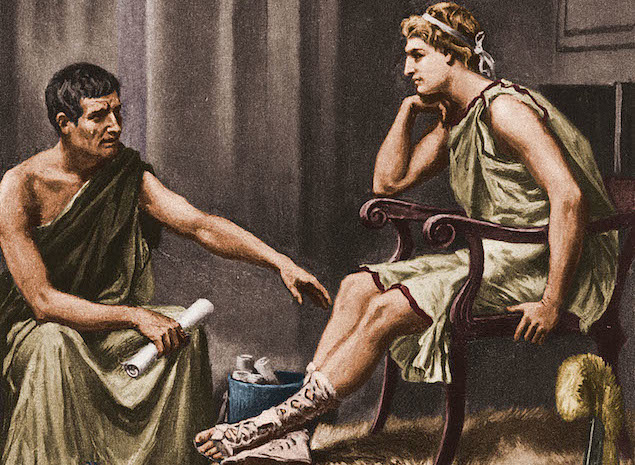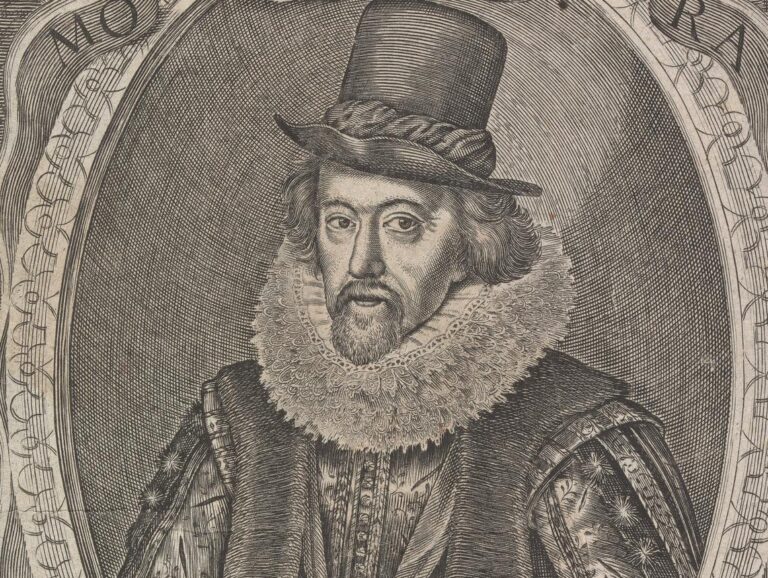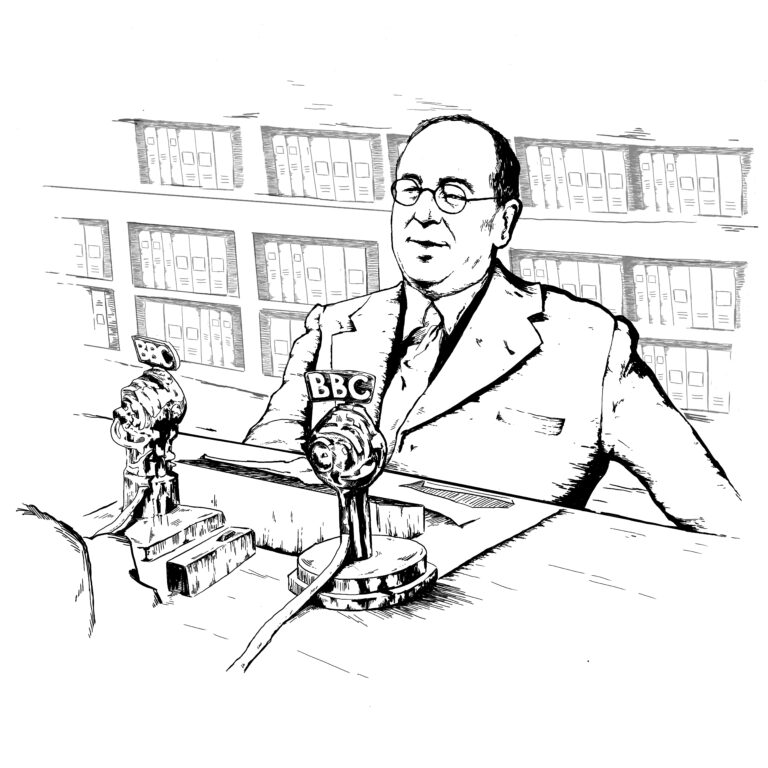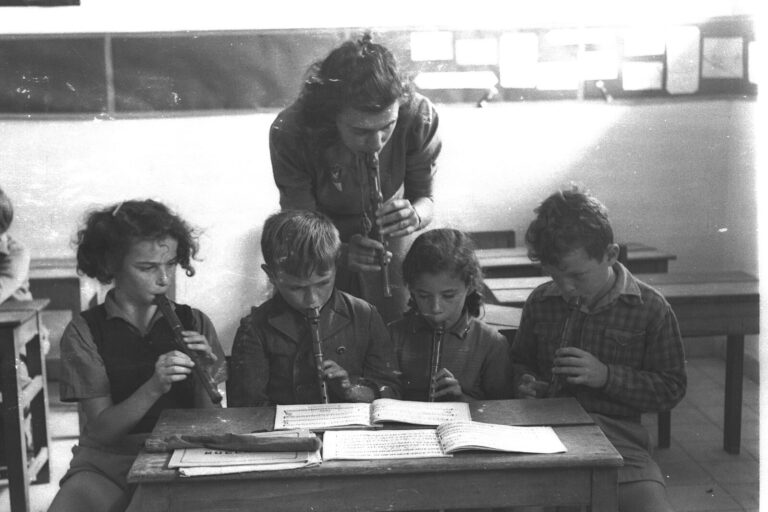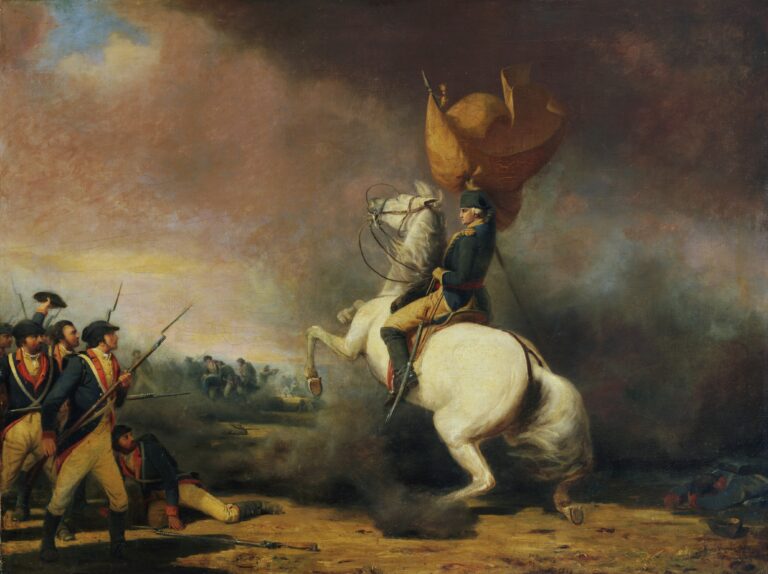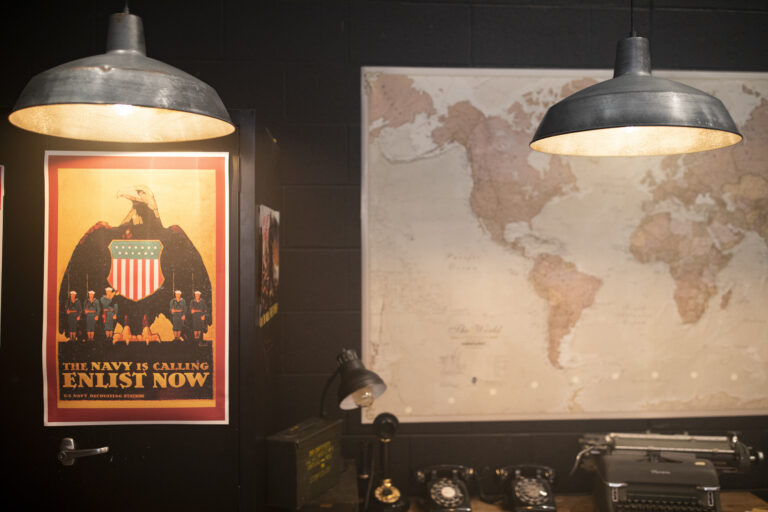Private Tutors in the Ancient World
If a student needs a tutor, he’s probably dumb. At least that’s what I thought throughout high school. At the rural public school I attended, the only students who went to tutors were those who flunked tests and ran the danger of failing their courses. Some only went because they were forced. Tutors seemed to serve only as safety nets for those who just “didn’t get it” in the classroom.
I was surprised, then, to discover that private tutors were a primary means of formal education in ancient times. Private tutorship was considered prestigious, and the ability to hire one to teach the young was a sign of privilege and wealth.
One of the most prominent tutor-student relationships in the ancient world existed between Alexander the Great and Aristotle. In “Introduction to Western Philosophy,” Dr. Nathan Schleuter notes how the famous Athenian philosopher and former student of Plato was called upon by Philip II of Macedon to educate his son Alexander. From the age of thirteen, the young prince was able to receive the best of Athenian science and philosophy, and Aristotle remained his mentor for many years.
Because Alexander’s insatiable hunger for world domination made him a controversial figure, accounts vary on the impact of Aristotle’s teaching. Regardless of what Aristotle thought of Alexander’s project of global conquest, the common saying holds true in this case: greatness attracts yet more greatness.
Dr. Carl Young takes note of another significant mentorship in “The Rise and Fall of the Roman Republic.” Polybius, a Greek intellectual in Rome, tutored Scipio the Younger, the Roman statesman who fought in the Third Punic War and finally destroyed Carthage. Polybius benefitted from his friendship with Scipio’s household and their political influence to study Roman culture and statesmanship. He would eventually write on Scipio’s life and on the uniqueness of the Roman political constitution.
These tutors show us that one of the greatest means for learning is individual mentorship. Though classrooms, lectures, and podcasts can provide us with general ideas, the sharpening and refining of our own thought happens best through conversations with friends and mentors. A good tutor will push us, sharpen us, recognize our particular greatness and teach us how to draw it out. Tutors are not simply meant to help us scrape by with a passing grade in algebra; history shows instead that the best ones teach us how best to live.

